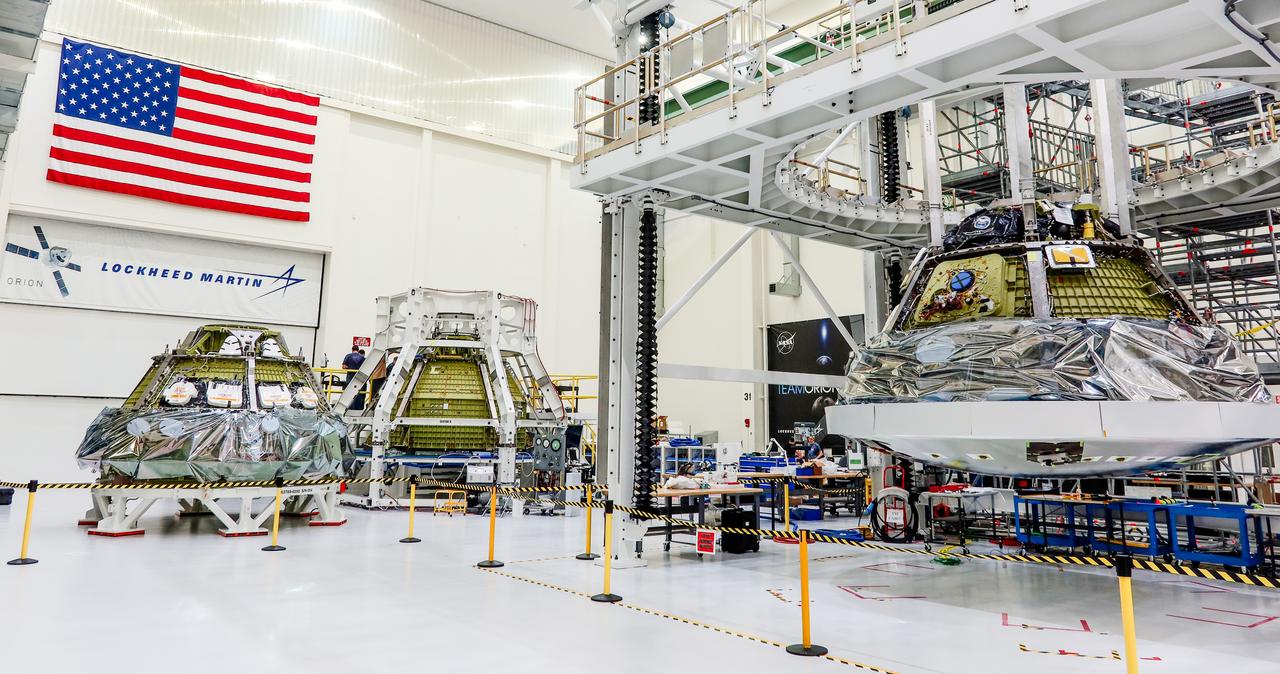
NASA Selects Two U-M Student Teams to Develop Artemis Mission Prototypes
Two University of Michigan teams including BLiSS will design innovative ideas to support NASA’s Artemis mission challenges.
Two projects proposed by University of Michigan teams have been selected by NASA and the National Space Grant Foundation to help solve Artemis mission challenges, including a project by BLiSS, Michigan’s Bioastronautics and Life Support System organization.
The selections are part of the 2023-2024 Moon to Mars eXploration Systems and Habitation (M2M X-Hab) Academic Innovation Challenge sponsored by NASA’s Artemis Campaign Development Division.
The M2M X-Hab Academic Innovation Challenge is an opportunity for NASA to build strategic partnerships with universities and tap into the ingenuity of the future Artemis Generation workforce, allowing college students to develop advanced and innovative design ideas that result in prototypes for future spaceflight missions. The challenge provides STEM (Science, Technology, Engineering and Mathematics) students with hands-on development and research experience, while strengthening NASA capability for missions to the Moon, Mars, and beyond. Past student participants have gone on to careers in the aerospace industry, including at NASA.
The University of Michigan won two of the four selected proposals to advance science and technology innovations for Artemis missions.
In the first project, students from BLiSS will work on Intelligent Devices, Equipment, and Instruments (IDEI) for Enabling Crew Health and Performance on Mars. In this project, graduate and undergraduate students will develop a functional prototype for at least two intelligent exercise devices, along with associated metrics and measurement methods to be utilized in implementing integrated system health management for crew health and performance during long-duration Mars missions. The BLiSS team will also develop an accompanying user interface, which will be gamified with virtual reality or immersive content in order to help alleviate the mental and cognitive challenges associated with a long-duration mission to Mars.
The second project is called the Volatile Organic Compound (VOC) Management for the CO2 Deposition System. This project aims to develop a comprehensive Volatile Organic Compound (VOC) management system for integration with the CO2 deposition system on the International Space Station (ISS), eliminating a key barrier to deep-space crewed missions. Graduate and upper-level undergraduate students from a variety of disciplines will work together to deliver a detailed VOC management plan, as well as a bench top version of the system along with a set of guidelines for the safe handling and disposal of VOCs. The notional concept for the deposition system involves the usage of renewable catalysts for photocatalytic oxidation technology, to break down and remove VOCs from a transient airflow. The system will be integrated upstream from the cryogel tanks, providing the CDep system with a VOC-free airstream.
Further analysis into VOC degradation tools will be conducted using multi criteria decision making (MCDM) techniques and formal trade studies in order to maximize the product’s efficiency. This filtration technique will enable a system that degrades VOCs while minimizing mass, volume, and power impact. The deliverable will ideally inform the design of both an air purification system for long term deep-space missions that is both renewable and reusable. The team will deliver both modeling and tested experimental results as part of the product’s characterization and performance evaluation.
For more information, visit: https://spacegrant.org/2023/07/24/nasa-selects-four-university-teams-to-develop-technologies-to-enhance-artemis-missions/